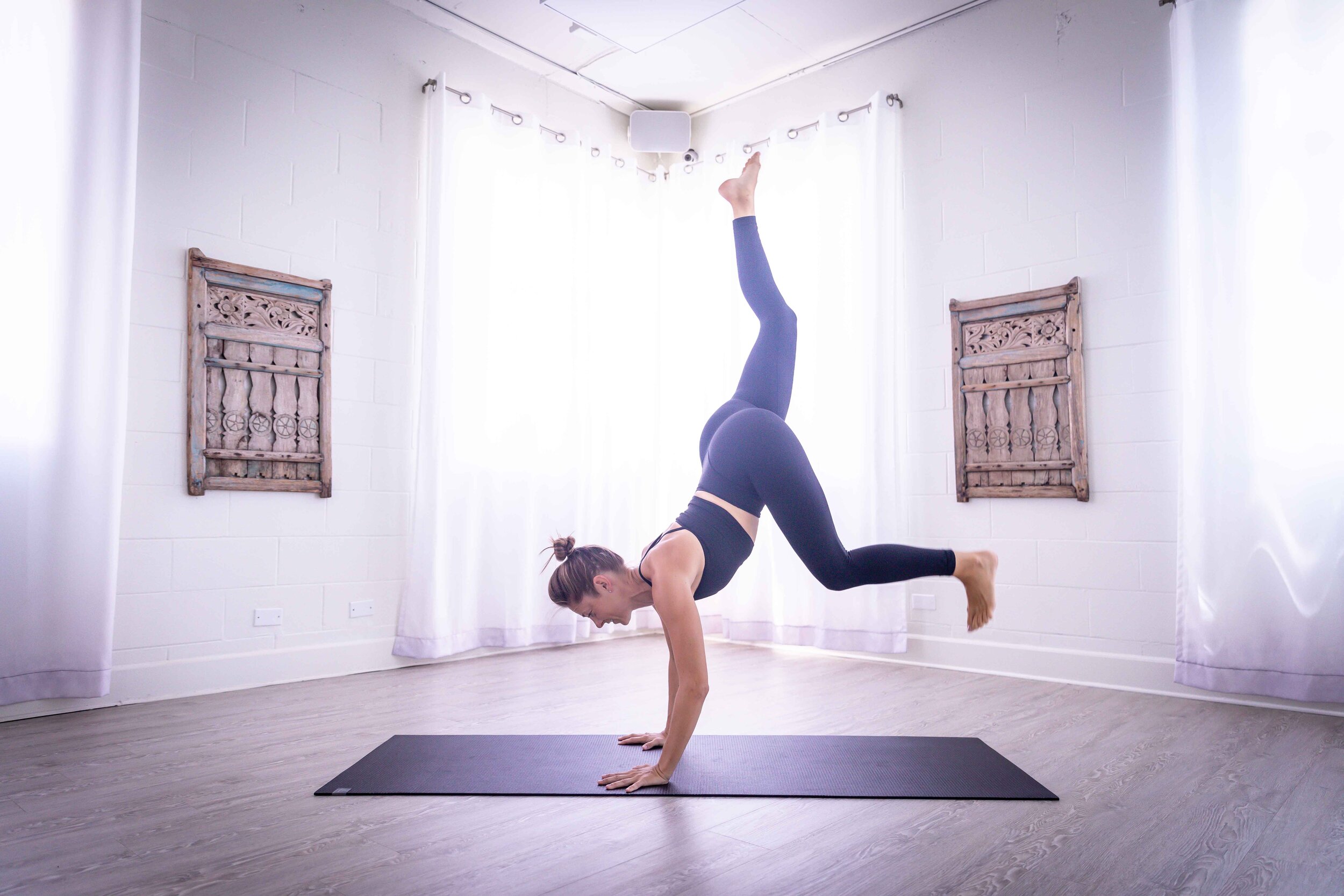Although yoga is a path of self-discovery, many novices unintentionally commit blunders. These mistakes may impede development and even be uncomfortable. While some disregard crucial procedures, others exert excessive pressure. A more fulfilling practice may be created by being aware of typical traps. What are the main blunders novices should steer clear of? Let's examine the mistakes that might make yoga a chore instead of a way to find equilibrium.

Disregarding the Natural Boundaries of the Body
Overexerting yourself might have more negative effects than positive ones. Progress, not perfection, is the goal of yoga. Without the necessary training, many novices attempt to match more complex positions. Muscle strains from this might result in discomfort or even harm. Instead, concentrate on controlled motions and steady progress. If you respect your body's limits, you'll naturally become more flexible.
Breathing Holding Rather than Flowing
The core of yoga is breath control, although many people overlook this. In challenging positions, some people hold their breath, which causes tension rather than relaxation. Breathing correctly deepens each stretch and helps maintain stability. Flexibility may be improved by breathing in and out at the appropriate times. Syncing slow, deliberate breathing with motions is an excellent exercise. The efficacy of yoga is significantly altered by this little adjustment.
Hurrying Through the Exercise
Many people rush through yoga postures without paying attention, seeing it as merely another kind of exercise. Rapid changes prohibit the body from experiencing the full advantages. To effectively activate the muscles, each action should be gradual and purposeful. Additionally, rushing raises the possibility of incorrect alignment. Being present in each position is more important in true yoga than speed. Spending time fosters a closer relationship with the body.
Ignoring How Important Consistency Is
Yoga focuses on gradual development rather than quick fixes. Some novices give up too quickly because they anticipate quick improvements. Others lose the gains they've gained because they practice irregularly. The greatest gains come from consistent practice, even for little periods of time. Regardless of how often you do it—daily or occasionally—commitment is more important than intensity. Structured classes aid in maintaining a regular schedule in settings such as yoga La Eliana.
Ignoring the Relationship Between Mind and Body
Yoga has a strong mental connection and is more than simply a physical exercise. Many novices overlook the mental component in favor of concentrating just on the postures. Movement is vital, but so are mindfulness, calm, and meditation. Yoga may seem lacking if this balance is neglected. A more rewarding and transformational experience results from paying attention to each position.
Conclusion
Yoga practice may significantly improve by avoiding these errors. It's more important to embrace the journey than to immediately perfect positions. Yoga becomes a genuine journey of self-discovery via breathing, patience, and attention. Beginners may get long-term advantages by being consistent and respectful of their bodies. You should listen, learn, and develop at your own speed since yoga is about harmony rather than competition.






